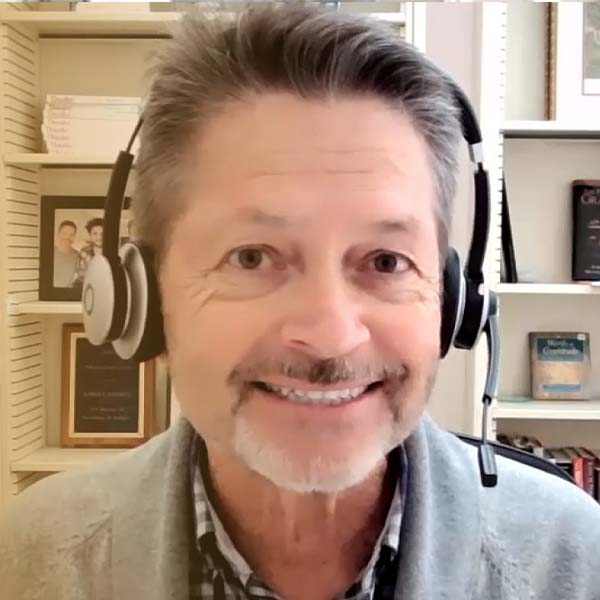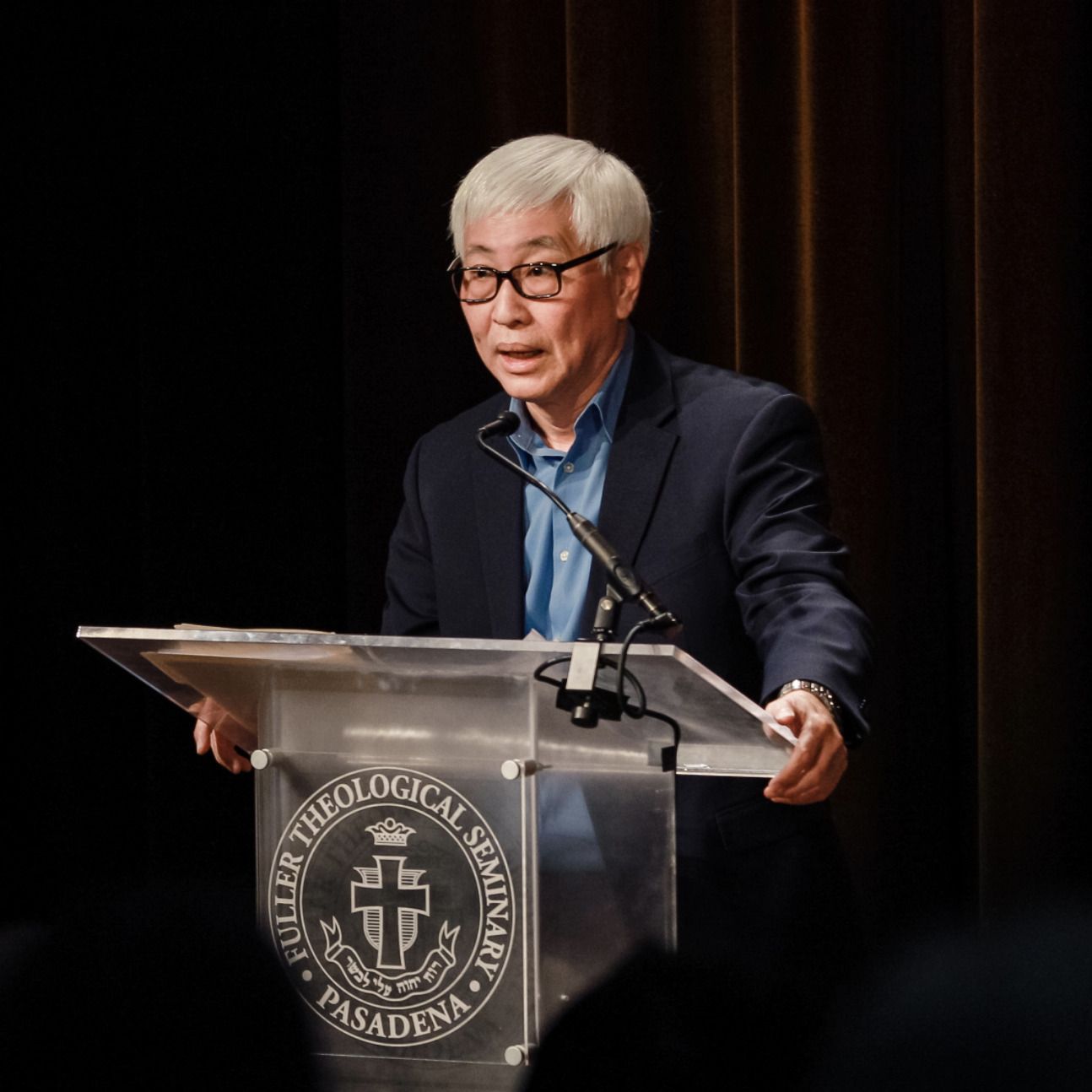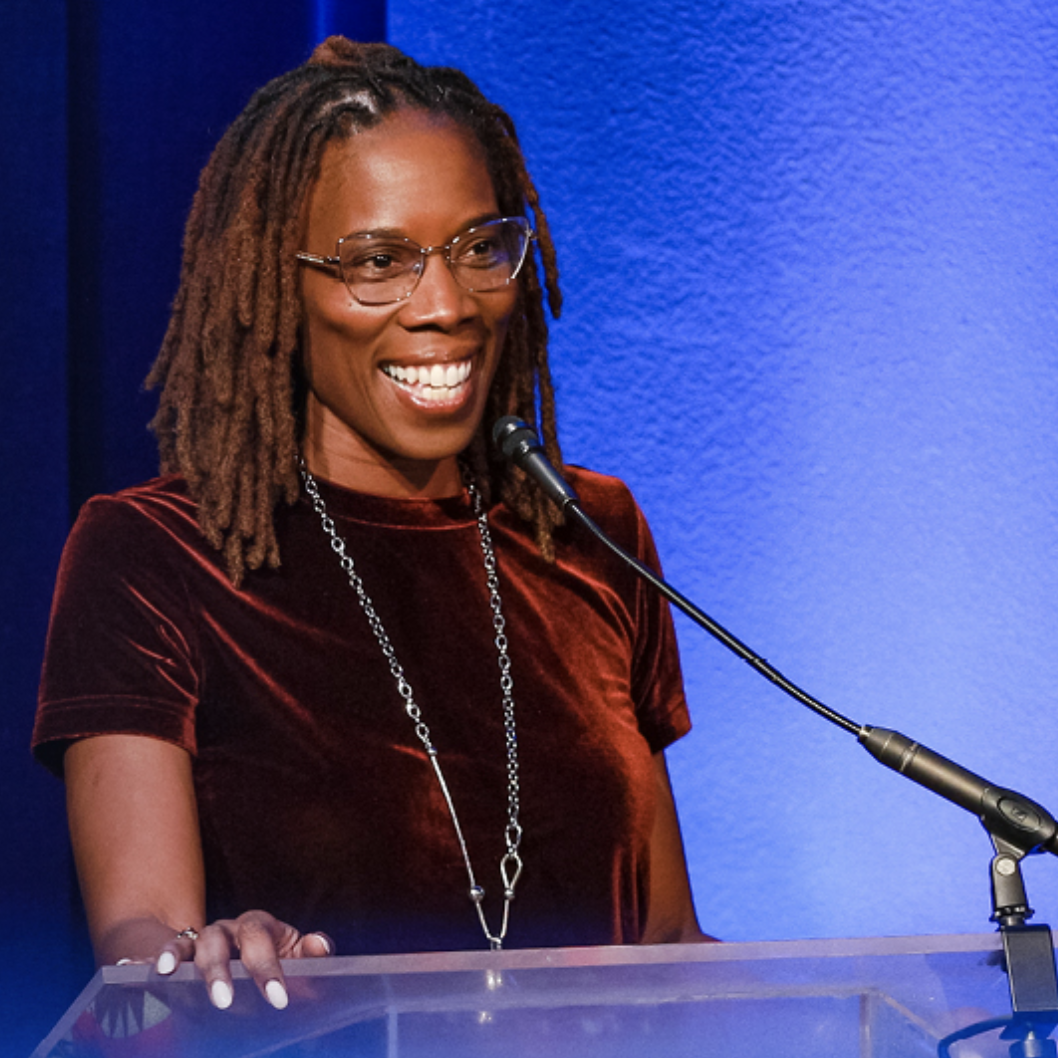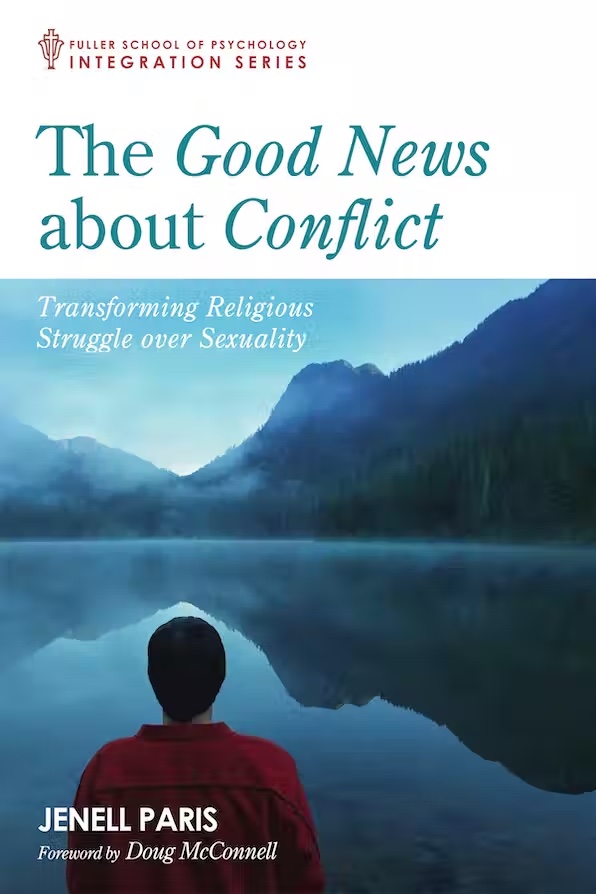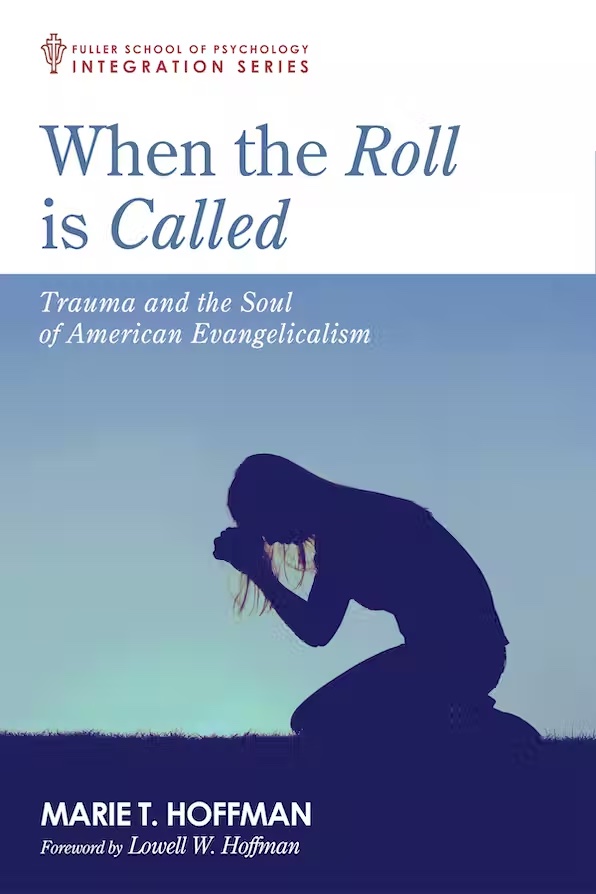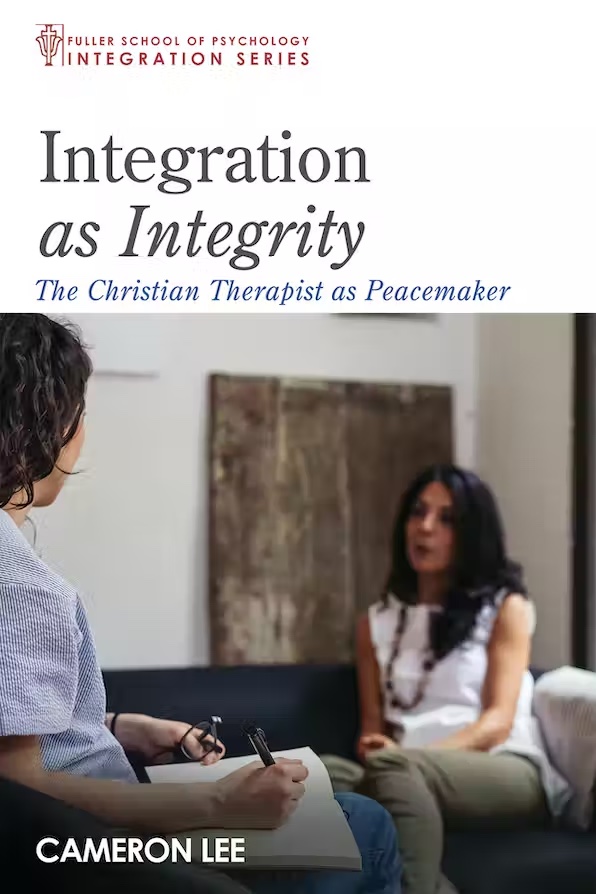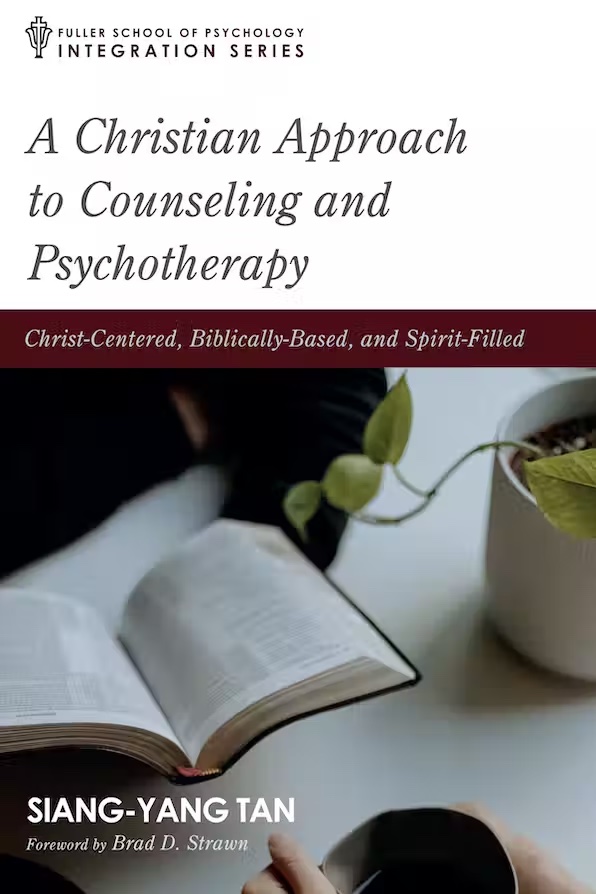Integration of Psychology and Theology

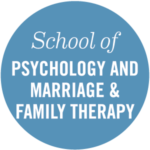
Integration of Psychology and Theology
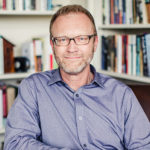
The School of Psychology & Marriage and Family Therapy was established more than 50 years ago to provide students from around the world with the opportunity for a rigorous psychological and theological education. The integration of these two disciplines was to be and is our unique contribution. The faculty are committed to encouraging and facilitating the conversation between faith and psychological issues, and we invite you to explore and enter the conversation with us!
+ Dr. Brad Strawn, Chair of Integration
2024 Integration Symposium
Join us for the 2024 Integration Symposium, "Integration of Psychology and Theology for the Church," happening February 23-24, 2024.
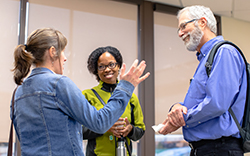
FOUR DISTINCTIVES OF INTEGRATION IN THE School of Psychology & Marriage and Family Therapy
1. Integrative Courses
Exploring the intersection of psychology and theology is a central task of the School of Psychology & Marriage and Family Therapy. Integration is a part of every course in SOP, and we also offer a broad range of integration-specific courses, many of which are electives that students can take according to their interests. Click here to see a list of all of our integration-specific course offerings.
Also included within each student’s plan of study is a specified number of theology courses from Fuller’s School of Mission and Theology. Masters-level psychology students take a minimum of 24 theology units, PsyD students take 44 theology units, and PhD students take 52. This interdisciplinary theological focus allows for a depth of integrative study that sets Fuller and its graduates apart as leaders and innovators in the field of integration.
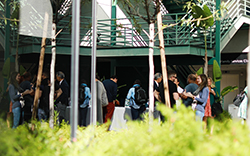
2. Formational Experiences
Another distinctive of integration in Fuller's School of Psychology & Marriage and Family Therapy is an emphasis on “intrapersonal integration.” This involves opportunities for the integrator to grow toward greater personal congruence between their personal psychology and theology. Two avenues for this growth include:
- Professional Formation Groups, which provide students the chance to reflect on their formation first from a theological/spiritual standpoint and then secondarily from a psychological one. These groups equip students to engage in spiritual practices and discernment that will be life-sustaining through the course of one's clinical career.
- Consultation Groups are typically taken in the second year and provide students the opportunity to reflect on their experience as growing clinicians. Students will be challenged to consider and discuss how they are being impacted both psychologically and spiritually through their work.
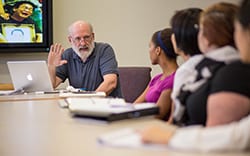
3. Research Integration & Lab Mentoring
Students at Fuller work closely with faculty members to conduct ground-breaking research on a wide range of topics. Integration occurs not only in the content of the research itself, but also in the process of mentorship that occurs as students work side-by-side with faculty committed to the work of Christian integration. We believe that an integrative mindset is “caught” more than “taught,” and research mentoring provides an ideal setting for this mindset to develop.

4. Clinical Training
While students complete their clinical internships in a wide variety of settings—some faith-based and others not—all our clinical training here at Fuller includes elements of integration. Each of our clinical core courses is set up to emphasize integration within specific counseling domains. These core courses include: Assessment, Diversity, Family Systems, Group Therapy, Gerontology, Child & Adolescent Therapy, Humanistic Therapy, Cognitive-Behavioral Therapy, Psychodynamic Therapy, and Consultation & Supervision.
Watch Videos from Past Symposiums
The Science and Spirit of Gratefulness
Robert Emmons, alongside Fuller scholars and practitioners, delves into the science of gratitude and the ways it shapes our relationship with one another, with God, and with the wider natural world.
Christian Approaches to Counseling and Psychotherapy
Senior Professor of Psychology Siang-Yang Tan, joined by other scholars, explores the integration of the disciplines of counseling and psychotherapy with Spirit-led Christian faith.
Holistic Healing and Wellness
The 2020 conference featured Thema Bryant-Davis, associate professor of psychology at Pepperdine University and ordained minister in the African Methodist Episcopal Church and explored contemplative practices and their transformative impact, interpersonal trauma and recovery, and the holistic approach of womanist psychology.
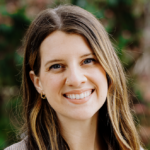
Contact
Chat with a Welcome Center and Student Service Team representative
Office Hours
Monday – Friday
8 am – 5 pm (Pacific Time)
To view in-person welcome center hours for Pasadena, Arizona and Houston, click here.


